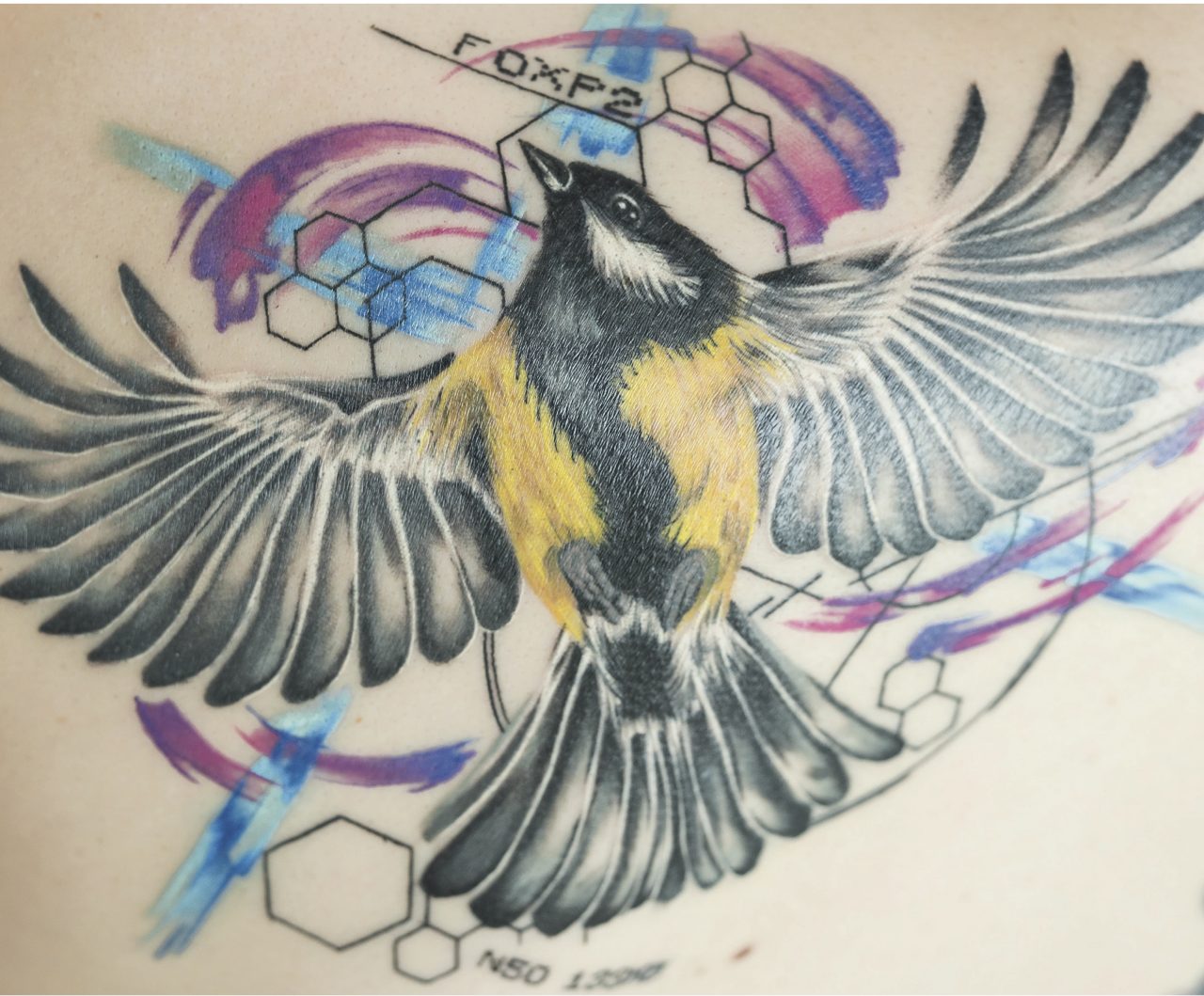Communications Editor, Preprints Editor and Associate Editor
Communications Editor
Evolution Letters seeks a new Communications Editor to work with our authors to help promote new research to wider audiences. The role will be particularly well suited to an early career evolutionary biologist with a keen interest in science communication.
The Communications Editor is responsible for the following:
- Liaising with authors of accepted articles to coordinate promotion of their papers.
- Producing day-to-day Twitter content for the journal.
- Maintaining the Evolution Letters blog, developing blog content and soliciting blog posts from authors.
- Developing other communication channels, including the expansion of the Evolution Letters YouTube channel and exploration of other social media platforms such as Instagram.
The time commitment required varies depending on publication rates, but typically averages around 1–2 hours per week.
Applicants must have a broad interest in evolutionary biology, science communication, and the use of social media in promoting scientific research. You should be self-motivated, able to work unsupervised, able to deliver to deadlines, and familiar with the journal Evolution Letters and the work of its societies (ESEB and SSE). The successful applicant will have the opportunity for a full hand-over of the role with the exiting Communications Editor.
Preprints Editor
Evolution Letters seeks a new Preprints Editor to help identify exciting preprints that fit the journal’s remit and scope. The role will be suited to a mid-career evolutionary biologist with a keen eye for the best research across the field of evolutionary biology and a reputation for producing high-quality research.
The preprints editor is responsible for the following:
- Regularly checking bioRxiv and other preprint servers for exciting evolutionary research
- Contacting corresponding authors of preprints and inviting them to submit the work to Evolution Letters.
It is expected that you would spend 1–2 hours per week identifying the best research and contacting / corresponding with authors. The successful applicant will have the opportunity to discuss with the Editor-in-Chief what sort of papers would be ideally suited to the journal. The role is distinct from an Associate Editor role; you would not be expected to handle preprints that are subsequently submitted to the journal.
Associate Editor with specialism in Experimental Evolution
Evolution Letters seeks a new Associate Editor whose research expertise includes experimental evolution. The role will be suited to an early‑, mid- or late-career group leader who has a reputation for carrying out cutting-edge research using any experimental evolution system.
You will be responsible for the following:
- Handling manuscripts, primarily but not exclusively, covering experimental evolution research
- Encouraging authors of cutting-edge experimental evolution research to submit their manuscripts to Evolution Letters e.g. after hearing the work presented in seminars or at conferences.
It is anticipated that you will handle up to 20 (probably fewer) manuscripts per year, using the ScholarOne manuscript management system. Manuscripts are initially assessed for suitability by the Editorial Office and the Editor-in-Chief, before the E‑i-C assigns them to an associate editor. You will then make a decision on whether manuscripts are sent to review, identify suitable reviewers and make an editorial recommendation when reviews are returned.
All three roles provide an honorarium of US$2000 per annum and membership of ESEB.
How to apply:
Please send a 2‑page CV along with max. 1 page cover letter explaining why you are interested in the role to the Editor-in-Chief, Jon Slate (j.slate@sheffield.ac.uk). The Editor-in-Chief welcomes enquiries about the roles.
Deadline for applications: Friday 17th December 2021
Interviews will be held remotely by video call in early January 2022, with the successful applicants taking up their roles as soon as possible afterwards.
Evolution Letters and its parent societies wish to make evolutionary biology inclusive and accessible to a wide, diverse audience. We believe that building a diverse editorial board is a crucial part of this. We strongly encourage applications from people that are currently under-represented on our board, including people of colour, people from countries outside of Europe and North America, people with disabilities, and people who identify as LGB, Trans or Non-Binary.


